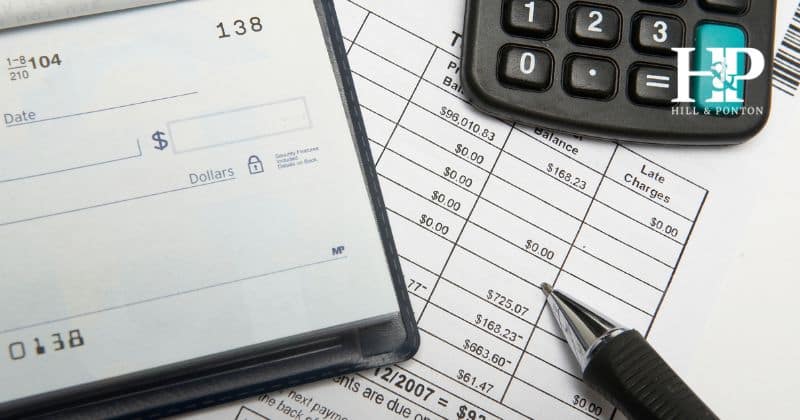When filing a VA disability claim, it’s essential to know who can legally represent you. The VA accreditation program ensures that veterans receive competent and ethical representation when preparing, presenting, and prosecuting claims. Here’s the key difference:
VA-Accredited Agent
- Legally Authorized: Can prepare, present, and prosecute VA claims on behalf of veterans.
- Training Requirements: Must complete initial training in veterans’ benefits law and procedures and maintain accreditation through continued education every two years.
- Access to VBMS: Accredited agents can access the Veterans Benefits Management System (VBMS) to handle claims directly.
- Code of Conduct: Bound by strict ethical guidelines from the VA and state bar associations.
Non-Accredited Agent
- Limited Legal Protections: Veterans working with non-accredited agents have less recourse for unethical practices.
- Not Authorized: Cannot legally assist with the preparation, presentation, or prosecution of VA claims.
- Risk of Fees: May charge fees without providing proper representation, as they are not bound by VA’s fee and conduct regulations.
- No Training Requirement: Lack the required education in VA benefits law and procedures.
Why Accreditation Matters
Accreditation protects veterans from predatory practices, such as excessive fees or guarantees of claim outcomes. Non-accredited agents cannot access your VA claims file or represent you in claim proceedings, putting you at a significant disadvantage.
Red Flags to Watch For
- Offering vague or unclear fee agreements.
- Asking for fees upfront to file an initial claim (this is prohibited for accredited agents).
- Guaranteeing specific outcomes, which no representative can legally promise.
- Requesting personal or financial information unnecessarily.
Choosing a VA-accredited agent ensures that you have trained, ethical representation to navigate the complex claims process. If you’re seeking help with your claim, working with accredited professionals like Hill & Ponton can make all the difference. Learn more about why legal representation can be helpful for veterans.
Denied Your VA Claim?
If you’ve been denied or need assistance with your claim, Hill & Ponton’s VA-accredited attorneys can help you secure the benefits you deserve. Get a Free Case Evaluation




